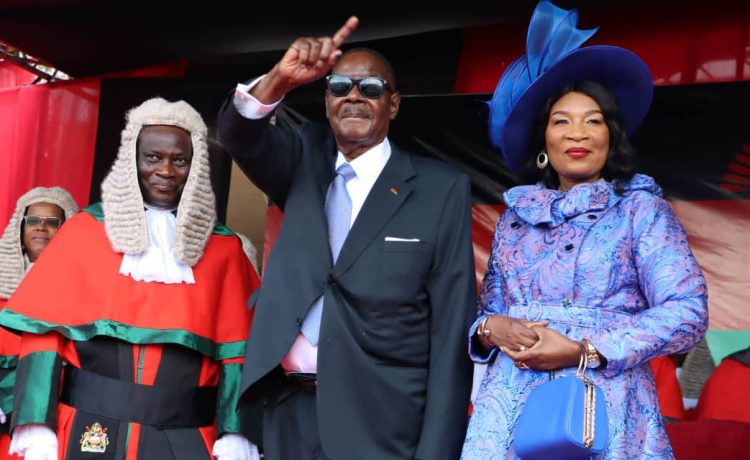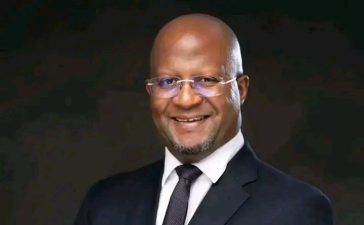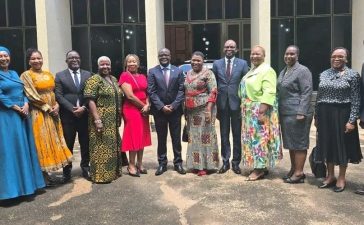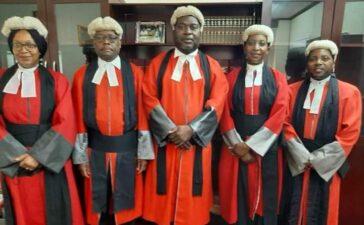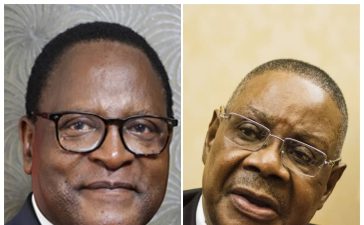In what governance expert Z. Allan Ntata has described as a “troubling collapse of state protocol”, Malawi’s long-anticipated presidential inauguration has raised more questions than it answered about the health of the country’s democratic institutions.
The ceremony marking the swearing-in of President Arthur Peter Mutharika was meant to be a unifying national event — a moment when the outgoing and incoming administrations symbolically exchange the reins of state power. Yet, in a move that has stirred outrage and confusion, former President Lazarus Chakwera and Secretary to the President and Cabinet, Coleen Zamba, were conspicuously absent — reportedly barred from attending the swearing-in ceremony.
For Ntata, a respected governance analyst and former presidential advisor, this development strikes at the very heart of Malawi’s fragile democracy. “How can a president-elect and his team exercise authority before taking the oath of office?” he asked, noting that until the oath is administered, constitutional authority remains vested in the outgoing administration. “The State House was still Chakwera’s; the Office of the President and Cabinet still under Zamba. Any exclusion of the sitting president or his officials before that point represents a usurpation of power,” he argued.
Ntata warned that the incident reveals a “profound weakness in the institutional backbone of the Malawian state.” He explained that in a properly functioning democracy, inaugurations are solemn state ceremonies — not partisan spectacles. The presence of the outgoing leader is both a constitutional and symbolic affirmation that the transfer of power is lawful, peaceful, and dignified. “Today, that assurance was missing,” he said. “Instead of unity, we saw the fragility of our institutions exposed.”
Observers have noted that while Malawi prides itself on democratic transitions, this episode underscores how easily political expediency can overshadow state protocol. Ntata argued that the episode betrays how poorly Malawi has internalized the idea of institutional continuity — that the State must outlive the ambitions and insecurities of those who temporarily hold office.
“This was not just a ceremony gone wrong,” Ntata concluded. “It was a mirror held up to our governance system — and what it reflected was troubling. If the dignity of the State cannot be upheld at the very moment of its renewal, then we must question whether our democracy is anchored on principle or on political whim.”
He urged the new administration to prioritise the rebuilding of state institutions to ensure that by 2030, Malawi’s transitions of power “will reflect not the weakness of our politics, but the enduring strength of our Republic.”

